7 Benefits With Scientific Studies Of Drinking Honey With Warm Water
Daily consumption of this natural golden elixir is good for children and adults alike.
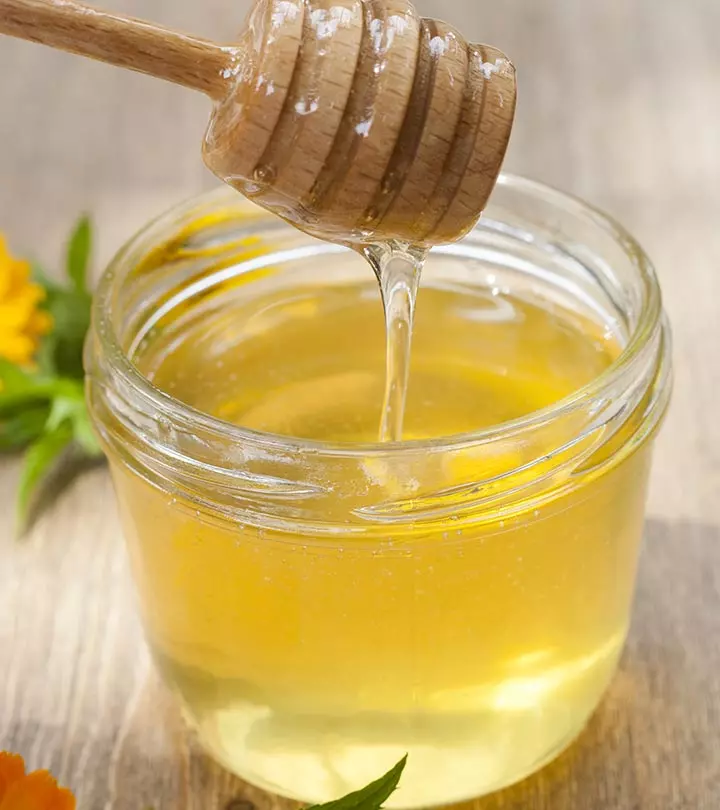
Image: Shutterstock
Drinking honey with warm water is not a miraculous drink. Be it losing weight, giving you smooth and shiny skin, or boosting your immune system, it comes with a host of benefits that are good for your health in the long run. In this article, we get a deeper understanding of how drinking honey with warm water is beneficial to us and its possible side effects.
In This Article
What Are The Benefits Of Honey?
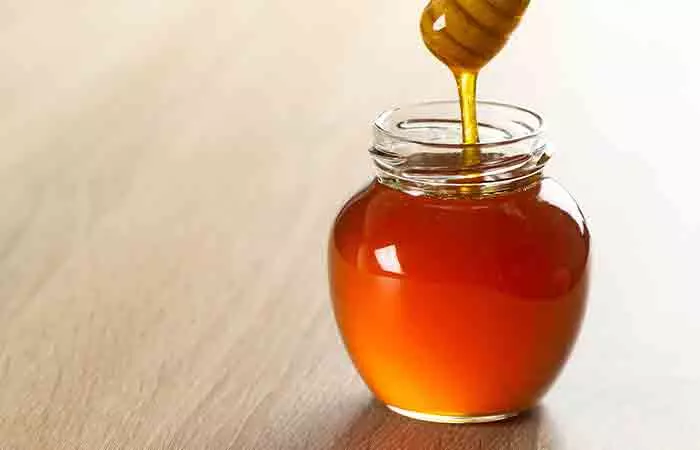
Honey has several benefits for your health (1). This sweet and thick elixir is naturally produced by honey bees. It is commonly used as a substitute for sugar and also has many therapeutic uses for the skin, like treating wounds and burns. Olesya Wilson, Certified Nutritionist and Functional Diagnostic Practitioner, says, “Honey provides the sugars your body needs from a natural source that contains a number of beneficial biological components. It has natural antimicrobial, antibacterial, and antiviral properties that can help reduce the constant stresses your body experiences, keeping you healthy during daily life and giving your body more time to focus on healing other areas that need attention.”
There are many benefits of drinking honey with warm water. However, it is essential to note that it is the purest and unfiltered form of honey that has the most therapeutic potential (2).
The benefits of honey are:
- Honey exhibits powerful healing properties when applied topically and can speed up the healing of wounds and burns on the skin. These activities are mainly due to the antimicrobial, antioxidant, and anti-inflammatory properties of honey (3), (4).
- It can be used to treat diabetic foot ulcers. Foot ulcers are open sores that are one of the common complications that surface with diabetes, and honey can help in their healing (5).
- The topical application of honey can also help with acne.
 Trivia
TriviaNow, let us find out why it is good to have honey with warm water.
Key Takeaways
- Drinking honey with warm water in the morning may flush out toxins and improve digestion.
- It is considered a natural remedy to boost immunity against infections, acne, and inflammation.
- You may use it to get relief from upper respiratory disorders and coughs.
- Avoid giving it to children younger than one year to avoid the risk of botulism.
What Are The Benefits Of Drinking Honey With Warm Water?
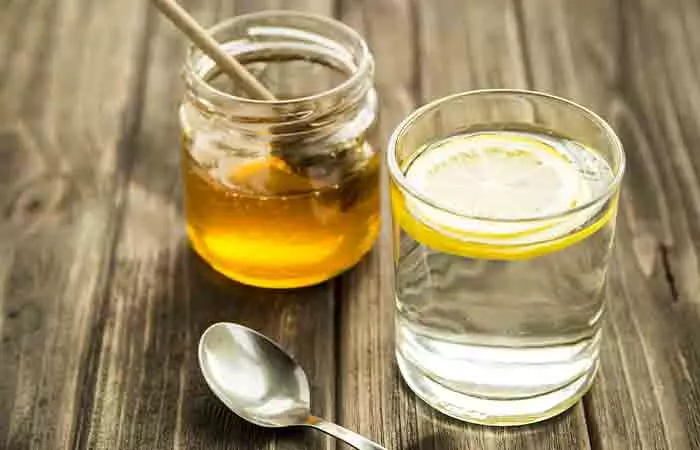
Honey is often recommended to be consumed with warm water due to the following reasons:
1. Honey Is Antimicrobial
The antibacterial properties of honey can protect the body from infectious diseases (sepsis) (6).
2. It Can Help With Cough
There are several benefits of warm water with honey for children. Honey can reduce the frequency and severity of cough in children. It can be given in a dose of 2.5 ml to children older than one year (7). However, it should not be given to a child who is below one year due to the risk of botulism.
3. It Can Improve The Quality Of Sleep
Honey can also improve the quality of sleep in children with upper respiratory infections like cough (8).
4. Honey May Help Promote Digestion
It exhibits a positive effect on the gut bacteria and helps in keeping your digestive system healthy and balanced (9). Honey can also inhibit the genotoxici Refers to any substance considered to be damaging to DNA and DNA replication processes, which may cause cancers or birth defects. and harmful effects of mycotoxinsi Natural toxins present in moulds (fungi) that are found in food items under warm and humid weather conditions. when used as a substitute for processed sugar (10).
5. It May Aid Weight Loss
Drinking honey and warm water for weight loss can be an easy and natural way to support your weight management. You can also substitute sugar with honey in your food and beverages to reduce weight (11).
Lace Pearl Girls, a blogger shared her experience of drinking warm lemon honey water first thing in the morning. She said, “After about a week, I noticed that the bloating in my stomach went down. My pants were looser around the waistline (i).”
6. It Can Provide Relief From Hangover
Scientific studies show that honey can reduce blood alcohol concentration in intoxicated mice (12). For soothing hangover symptoms, mix honey with half a cup of orange juice and yogurt (13).
Additionally, honey promotes hydration and is also an immune booster (13).
 Quick Tip
Quick Tip7. May Support Liver Health
Honey has shown promise in supporting liver health. It contains natural sugars and antioxidants that may help reduce inflammation associated with liver damage (15).
Note: Most of these studies have been done on animals. Hence, more studies on humans are warranted to substantiate these claims.
These are the proven therapeutic uses of honey. Mentioned below are a few anecdotal claims with no scientific evidence to back them:
- Honey helps in flushing out toxins.
- Honey can improve acne when applied topically.
- It melts fat.
- It improves cognitive function.
While these are popular claims, we don’t know how true they are and cannot rely on them entirely. Some individuals need to limit their intake of honey due to the possible side effects of honey with warm water.
Are There Any Side Effects Of Taking Honey With Warm Water?
Honey is a natural sweetener that is completely safe to be ingested most of the time. But though it is a better alternative to processed sugar, you need to consume honey in moderation if you have diabetes or acne-prone skin (16), (17).
Children under one year should not be given honey as it increases the risk of botulism (18).
What is the best time to take honey with warm water to reap the maximum benefits?
Can Honey And Warm Water Be Taken At Night Before Sleeping?

You can take honey with warm water at any time of the day. You can take this concoction at night for a sound sleep. This is especially if you or your kids have a nocturnal cold or flu (8).
While it is relatively safe to feed honey to your child, you need to consider their age to avoid complications.
Can Honey Be Given To Children?

Yes, honey can be given to children. This is because the consumption of honey was found to help reduce the severity of symptoms in children with upper respiratory infections and cough.
However, do not give honey to children below one year as it can increase their risk of contracting botulism (17). Botulism is a rare type of poisoning triggered by a kind of bacteria called Clostridium botulinum (C. botulinum).
This leads us to another common question – do you have to take honey only with warm water, or can you use cold water?
Is It Good To Take Honey With Cold Water?

While it is usually recommended to take a health drink made of honey and warm water to aid digestion, it is completely fine to take it with cold water as well. Fruit juice or plain water mixed with honey is a much healthier alternative to other artificially sweetened beverages.
However, honey shouldn’t be boiled or taken with piping hot water. Consuming heated honey can have deleterious effects on one’s health due to the formation of toxic compounds during the heating process (19).
Here’s how you can consume it. Mix a teaspoon or two of honey with a glass of warm water and have it in the morning to kick start your digestion. You can also refrigerate a glass of water mixed with honey and drink it after a tiring day at work.
Infographic: Top Health Benefits Of Honey Water
Having a glass of warm honey water is a delicious and healthy way to start your day. Honey is packed with beneficial compounds and antimicrobial properties that make it a desirable home remedy for most common health issues. The immense advantages it holds, especially for kids, can turn you into an ardent follower.
Check out the infographic below to learn more about the top benefits of honey with warm water when had daily.

Illustration: StyleCraze Design Team
Drinking honey with warm water benefits your body in many ways. Honey is packed with beneficial bioactive compoundsi Nutrients and other chemicals found in food and plants, that may have medicinal and physiological health benefits. , antioxidants, vitamins, and minerals that promote good health. It is a natural antimicrobial and anti-inflammatory agent. Having honey with warm water may help aid in sleep, digestion, and cough and sore throat relief. It is particularly helpful to reduce the severe symptoms of respiratory disordersi A group of disorders affecting the respiratory system organs including the lungs, food pipe, nasal cavity, and diaphragm. in children. However, further research on humans is necessary as the results of the current scientific studies are limited to the studied research animal. Make sure the temperature of the water is appropriate to achieve maximum benefits.
Frequently Asked Questions
How many times a day should you drink honey water for weight loss?
Nilofar Pendhari, a certified clinical nutritionist, says it is best to take 1 tablespoon of honey per day. She says, “Because of its sugar content, limit your daily intake of honey to about 1 tablespoon/day. You can have three cups of water with 1 tablespoon of honey in each cup per day.”
Is it OK to drink honey every day?
Yes, it is okay to drink honey every day.
What is the best time to drink honey water?
Though you can drink honey water at any time of the day, the best time would be in the morning.
References
Articles on StyleCraze are backed by verified information from peer-reviewed and academic research papers, reputed organizations, research institutions, and medical associations to ensure accuracy and relevance. Read our editorial policy to learn more.
- Honey and Health: A Review of Recent Clinical Research, Pharmacognosy Research, US National Library Of Medicine, National Institutes of Health.
https://www.ncbi.nlm.nih.gov/pmc/articles/PMC5424551/ - The effect of standard heat and filtration processing procedures on antimicrobial activity and hydrogen peroxide levels in honey, Frontiers In Microbiology, US National Library Of Medicine, National Institutes of Health.
https://www.ncbi.nlm.nih.gov/pmc/articles/PMC3406342/ - Topical Application of Honey for Burn Wound Treatment – an Overview, Annals Of Burns And Fire Disaster, US National Library Of Medicine.
https://www.ncbi.nlm.nih.gov/pmc/articles/PMC3188068/ - Evidence for Clinical Use of Honey in Wound Healing as an Anti-bacterial, Anti-inflammatory Anti-oxidant and Anti-viral Agent: A Review, Pharmaceutical Products, US National Library Of Medicine, National Institutes of Health.
https://www.ncbi.nlm.nih.gov/pmc/articles/PMC3941901/ - Management of diabetic foot by natural honey. Journal of Ayub Medical College Abbottabad, US National Library Of Medicine, National Institutes of Health.
https://pubmed.ncbi.nlm.nih.gov/20364754/ - Antimicrobial properties of honey. American Journal of Therapeutics, US National Library Of Medicine, National Institutes of Health.
https://pubmed.ncbi.nlm.nih.gov/23782759/ - Honey for treatment of cough in children, Canadian Family Physician, US National Library Of Medicine, National Institutes of Health.
https://www.ncbi.nlm.nih.gov/pmc/articles/PMC4264806/ - Effect of honey on nocturnal cough and sleep quality: a double-blind, randomized, placebo-controlled study. Pediatrics, US National Library Of Medicine, National Institutes of Health.
https://pubmed.ncbi.nlm.nih.gov/22869830/ - Effect of honey in improving the gut microbial balance, Oxford Academic.
https://academic.oup.com/fqs/article/1/2/107/3860141 - Effect of dietary honey on intestinal microflora and toxicity of mycotoxins in mice, BMC Complementary And Alternative Medicine, US National Library Of Medicine, National Institutes of Health.
https://www.ncbi.nlm.nih.gov/pmc/articles/PMC1431562/ - Honey promotes lower weight gain, adiposity, and triglycerides than sucrose in rats. Nutrition Research, US National Library Of Medicine, National Institutes of Health.
https://pubmed.ncbi.nlm.nih.gov/21310307/ - Honey reduces blood alcohol concentration but not affects the level of serum MDA and GSH-Px activity in intoxicated male mice models, BMC Complementary and Alternative Medicine, US National Library Of Medicine, National Institutes of Health.
https://www.ncbi.nlm.nih.gov/pmc/articles/PMC4499888/ - Medicinal and cosmetic uses of Bee’s Honey – A review, Ayu, US National Library Of Medicine, National Institutes of Health.
urlhttps://www.ncbi.nlm.nih.gov/pmc/articles/PMC3611628/ - The effect of Citrus Aurantifolia (Lemon) peels on cardiometabolic risk factors and markers of endothelial function in adolescents with excess weight: A triple-masked randomized controlled trial
https://www.ncbi.nlm.nih.gov/pmc/articles/PMC5307599/ - The effects of high fructose fruits and honey on the serum level of metabolic factors and nonalcoholic fatty liver disease
https://pmc.ncbi.nlm.nih.gov/articles/PMC8630248/ - Effects of natural honey consumption in diabetic patients: an 8-week randomized clinical trial. International Journal of Food Sciences and Nutrition, US National Library Of Medicine, National Institutes of Health.
https://pubmed.ncbi.nlm.nih.gov/19817641/ - A low-glycemic-load diet improves symptoms in acne vulgaris patients: a randomized controlled trial. American Journal of Clinical Nutrition, US National Library Of Medicine, National Institutes of Health.
https://pubmed.ncbi.nlm.nih.gov/17616769/ - Infant botulism: advice on avoiding feeding honey to babies and other possible risk factors. Community Practice, US National Library Of Medicine, National Institutes of Health.
https://pubmed.ncbi.nlm.nih.gov/23914481/ - Toxic compounds in honey, Journal of Applied Toxicology, US National Library Of Medicine, National Institutes of Health.
https://pubmed.ncbi.nlm.nih.gov/24214851/
Read full bio of Madhu Sharma
- Nilofar Pendhari is a Certified Clinical Nutritionist with 9 years of experience in dietetics. She specializes in weight loss and management and charts out effective diet plans to help her clients meet their fitness and weight loss goals.
 Nilofar Pendhari is a Certified Clinical Nutritionist with 9 years of experience in dietetics. She specializes in weight loss and management and charts out effective diet plans to help her clients meet their fitness and weight loss goals.
Nilofar Pendhari is a Certified Clinical Nutritionist with 9 years of experience in dietetics. She specializes in weight loss and management and charts out effective diet plans to help her clients meet their fitness and weight loss goals. - Olesya Wilson is a Certified Nutritionist, Functional Diagnostic Practitioner, and Psychosomatics and Energy Healer. She has a unique approach to solve her client's health issues, which involves the integration of the latest discoveries in biological science, cutting-edge research, ancient herbal medicine, and revolutionary psychosomatic and energy healing practices.
 Olesya Wilson is a Certified Nutritionist, Functional Diagnostic Practitioner, and Psychosomatics and Energy Healer. She has a unique approach to solve her client's health issues, which involves the integration of the latest discoveries in biological science, cutting-edge research, ancient herbal medicine, and revolutionary psychosomatic and energy healing practices.
Olesya Wilson is a Certified Nutritionist, Functional Diagnostic Practitioner, and Psychosomatics and Energy Healer. She has a unique approach to solve her client's health issues, which involves the integration of the latest discoveries in biological science, cutting-edge research, ancient herbal medicine, and revolutionary psychosomatic and energy healing practices.
Read full bio of Shaheen Naser
Read full bio of Arshiya Syeda
Read full bio of Dipti Sharma






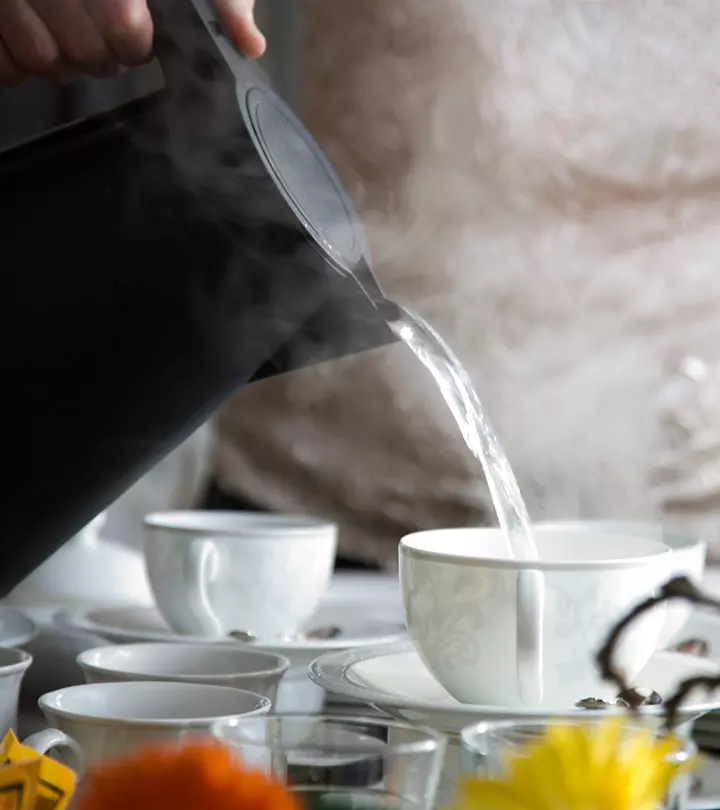
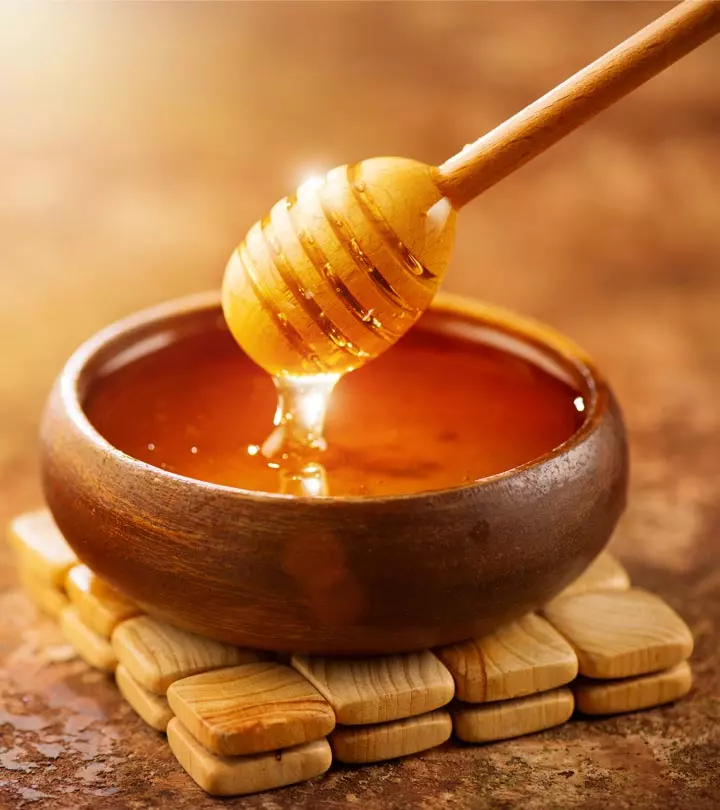
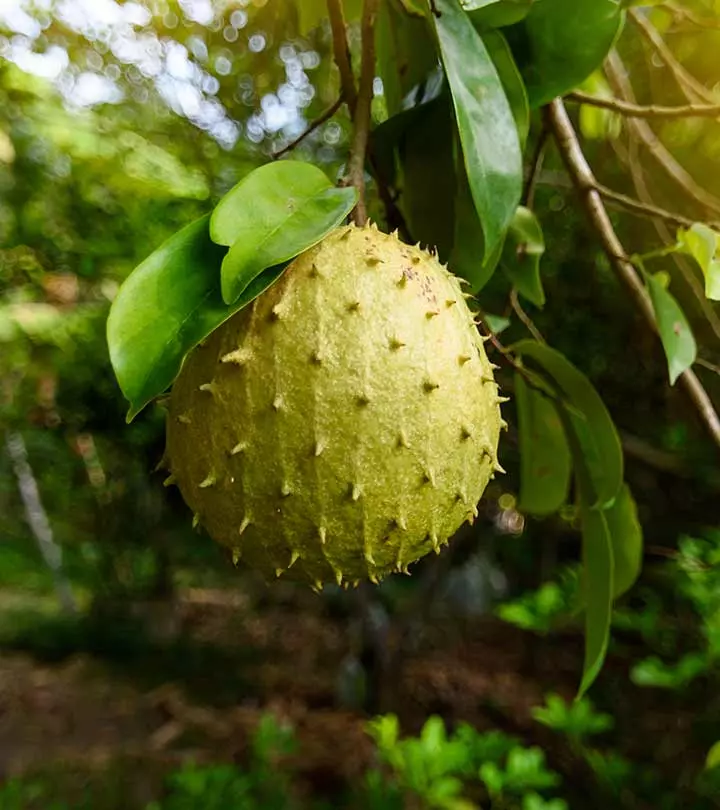



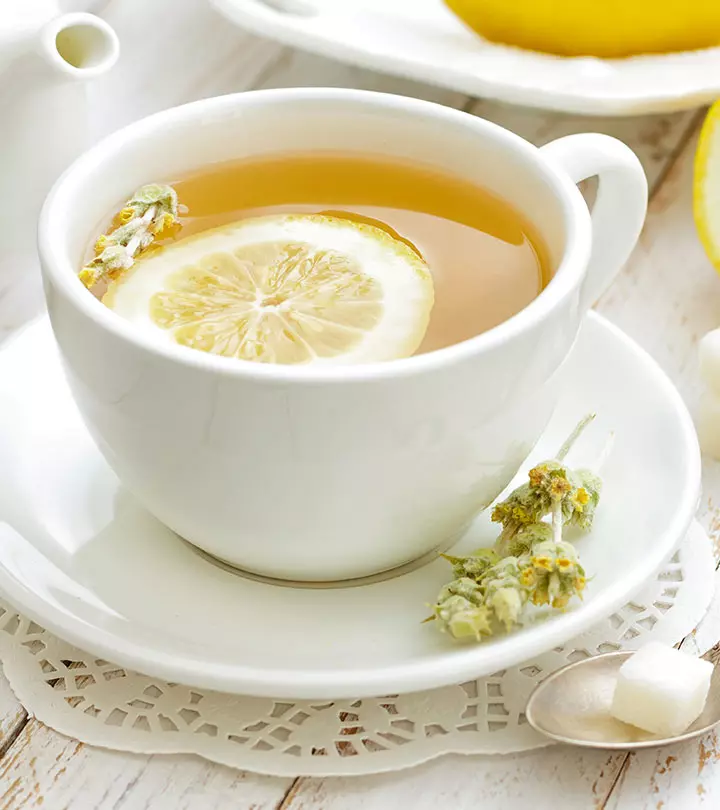


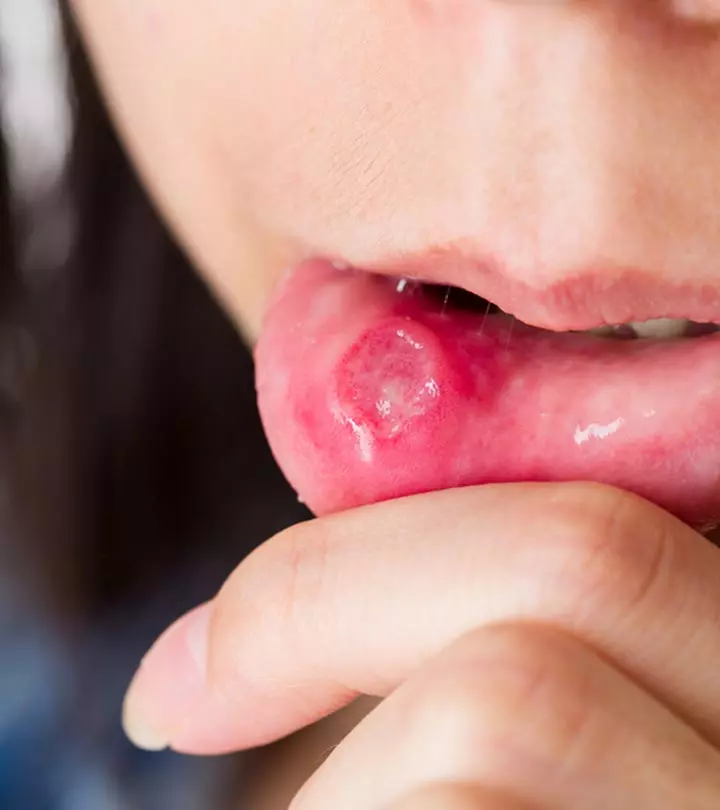
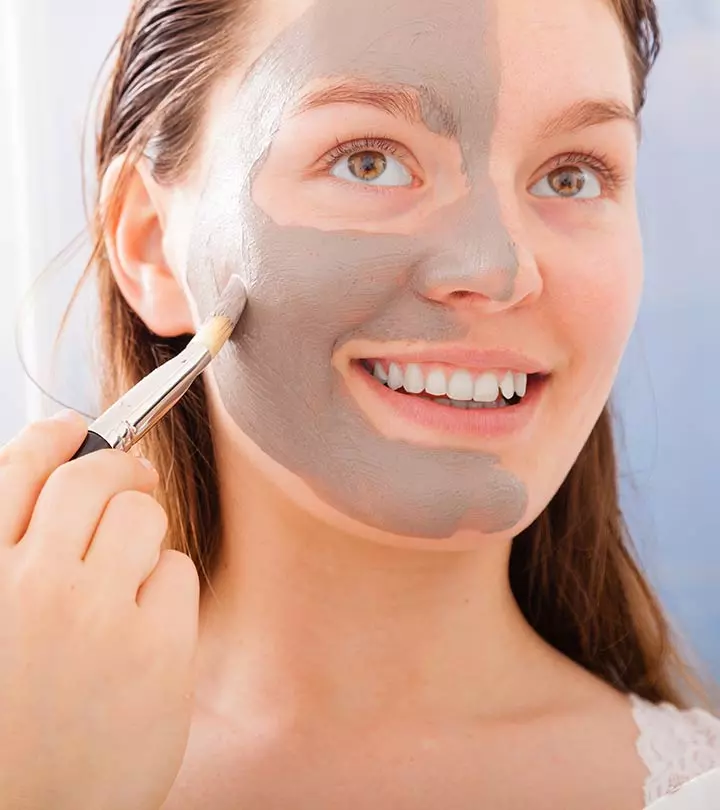

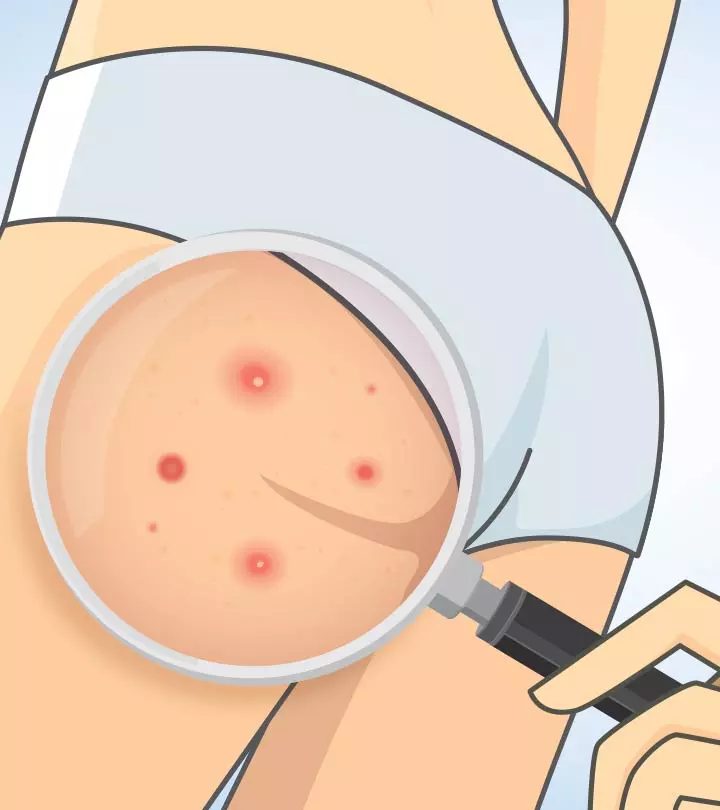

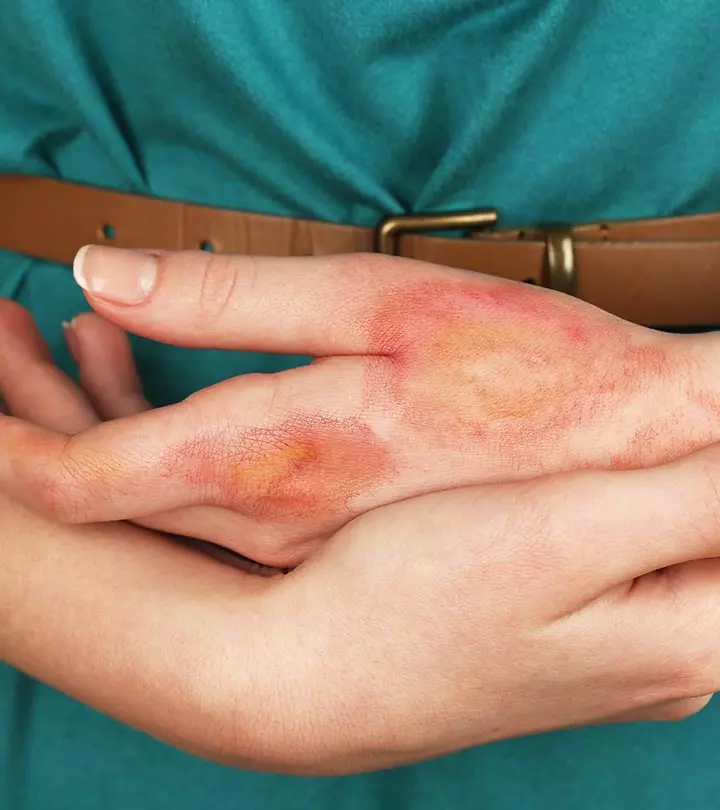






Community Experiences
Join the conversation and become a part of our empowering community! Share your stories, experiences, and insights to connect with other beauty, lifestyle, and health enthusiasts.